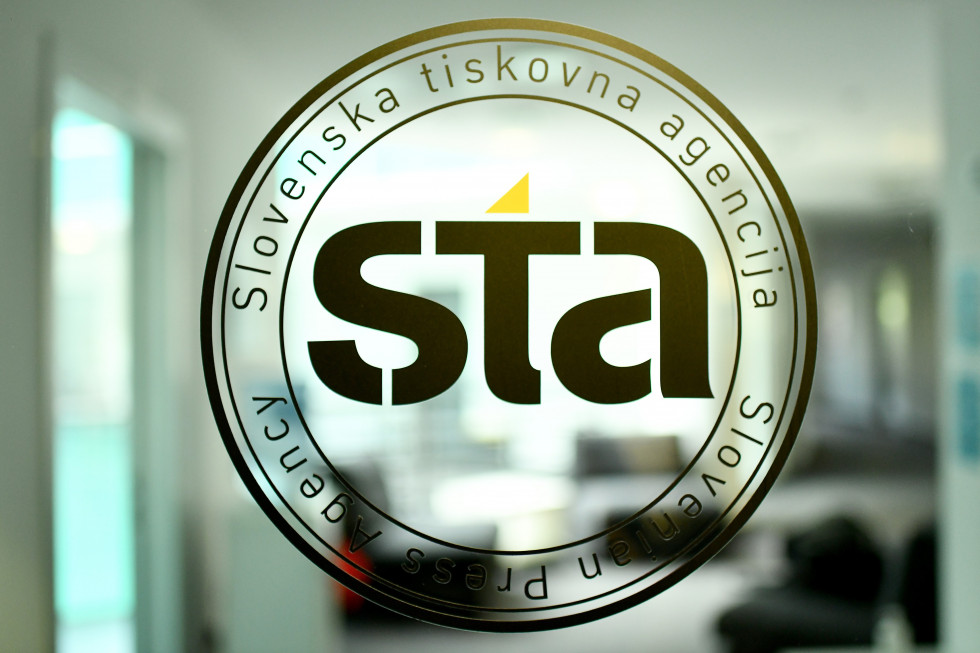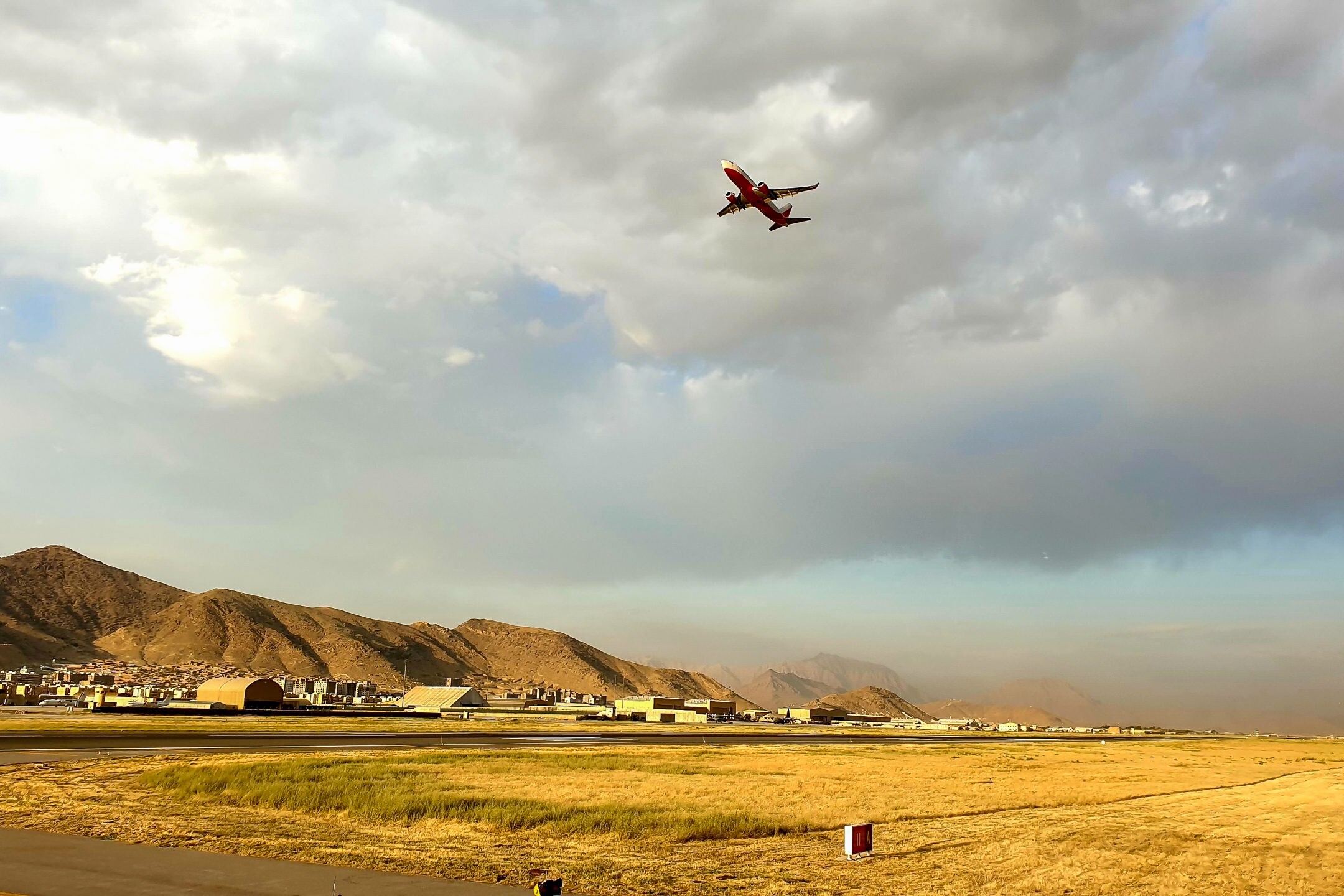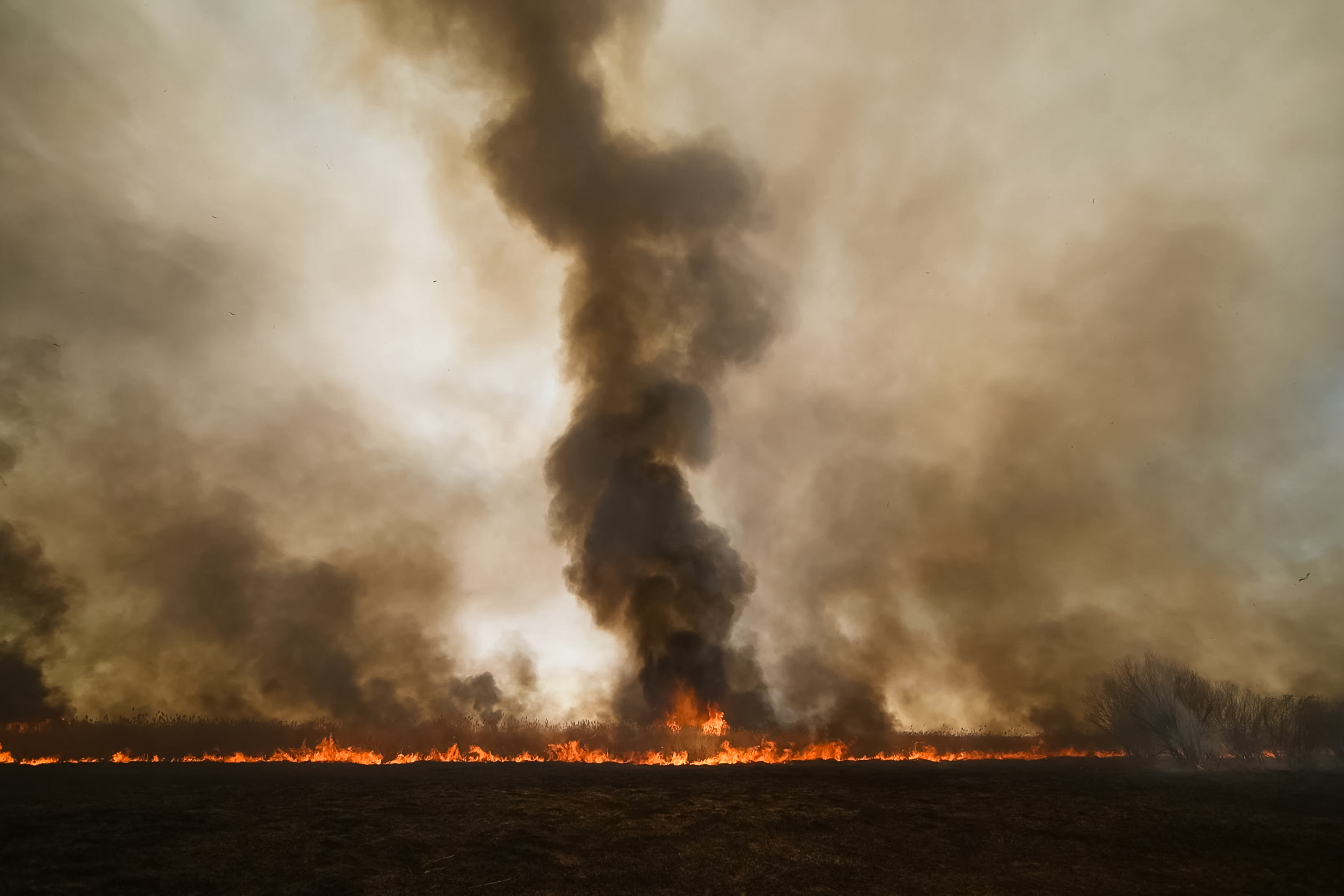It has been a challenging year for public media worldwide. These are the staff picks for the stories that will stick with them most from the past year.
From dealing with a pandemic and the onus on public media to be a bastion of accuracy to counter misinformation; from fighting back against government overreach, censorship, and limitations to media freedom; from ongoing threats to journalist safety online and in person; it has been a challenging year for public media. But there have been fantastic examples of robust journalism, innovation and collaboration to counter these threats. You can read our review of 2021 here.
It has been a busy year for PMA as well: from remote working on projects with media practitioners in Southeast Asia to working alongside journalists in Afghanistan as the Taliban took over; from keeping an eye on public media worldwide through our newsletter PSM Weekly to engaging with parliaments on matters of significance. You can read our wrap-up of our work this year here.
As the year closes, PMA staff have looked back on the past twelve months, and reflected on the story that will stick with them moving into 2022.
Sally-Ann Wilson
Chief Executive
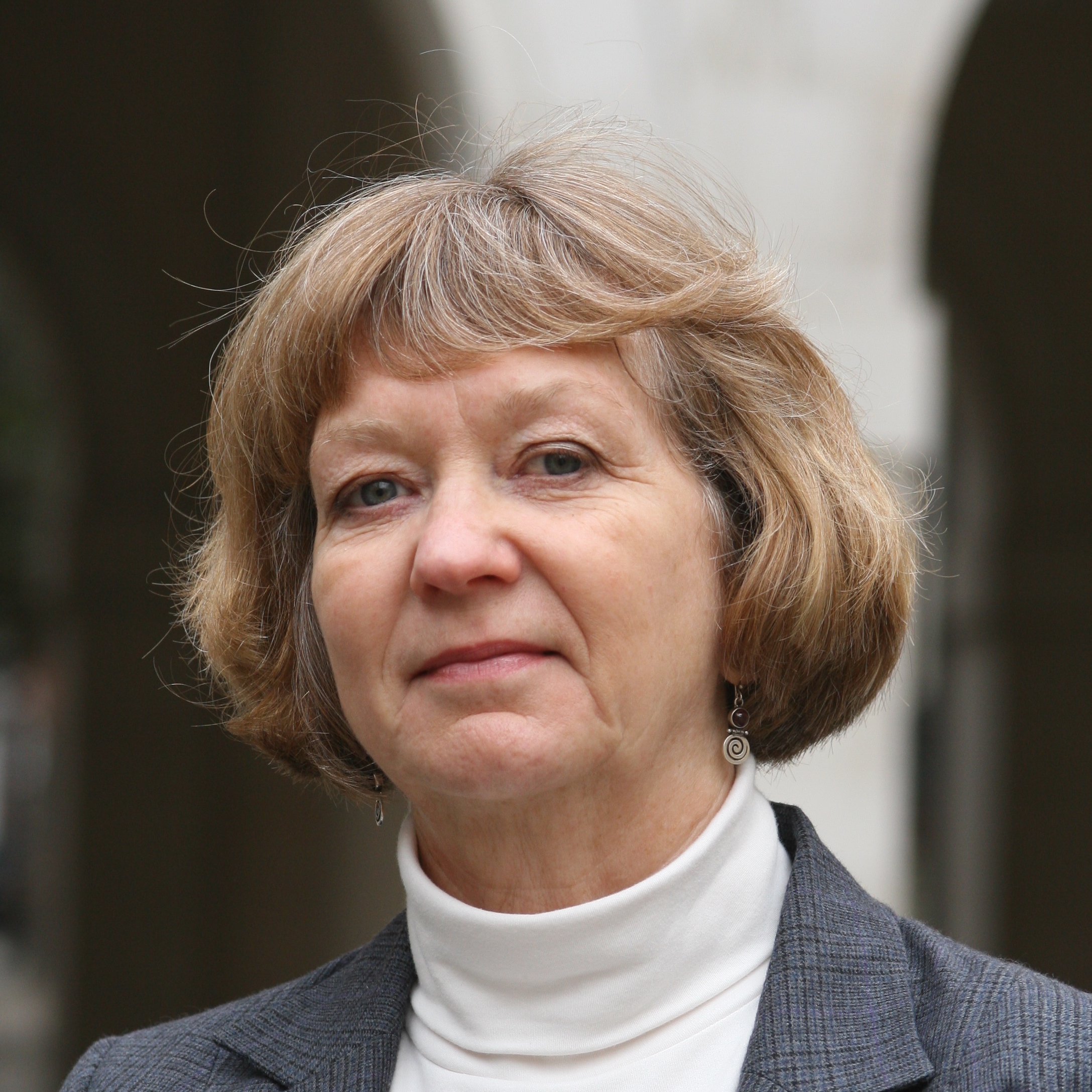
It has been yet another poor year for independent journalism worldwide. At PMA it is sometimes easy to become numb to news of more funding cuts to public media, more political pressure that causes journalists to consider self-censoring and media managers to become jumpy and ultra-defensive. But none of this compares to the plight of our colleagues in Afghanistan.
Until this year there was a nascent public broadcaster developing in Afghanistan and there were many, fearless and excellent independent journalists. As Western powers drew back and departed in August these, the very best of our profession, continued to report on events day by day, week by week as the Taliban pushed forward and came, once again to power. For twenty years these journalists had been trained and encouraged by the West. Many women found a new profession open to them. They embraced it wholeheartedly, seeing it as a way to a new, brighter future where they could play a key role in society, professionally holding power to account.
Initially we were all horrified by the scenes at Kabul airport. But how rapidly we turned the other cheek. How often do we still give a thought to those that were left behind, trapped in a now hostile environment, with a track record of being an independent journalist? PMA is an active member of the Consultative Network of the Media Freedom Coalition. The previous Afghan government was a signatory to the coalition. Since the Western withdrawal I have worked alongside colleagues in the network as they press tirelessly to find support for those journalists. Many of the signatory states offered assistance to journalists but too often it was only to those who had directly worked for them. As a constant reminder I still have the WhatsApp messages sent by women journalists pleading for help. And most troubling of all, few have ever been given a way out or the support that they so desperately need to remain safe. As part of the MFC-CN our work will continue but please, spare these journalists, the best of our profession, your thoughts.
Read more: Afghanistan: International community must work to ensure journalist safety
Jas Chandler
Project and membership manager
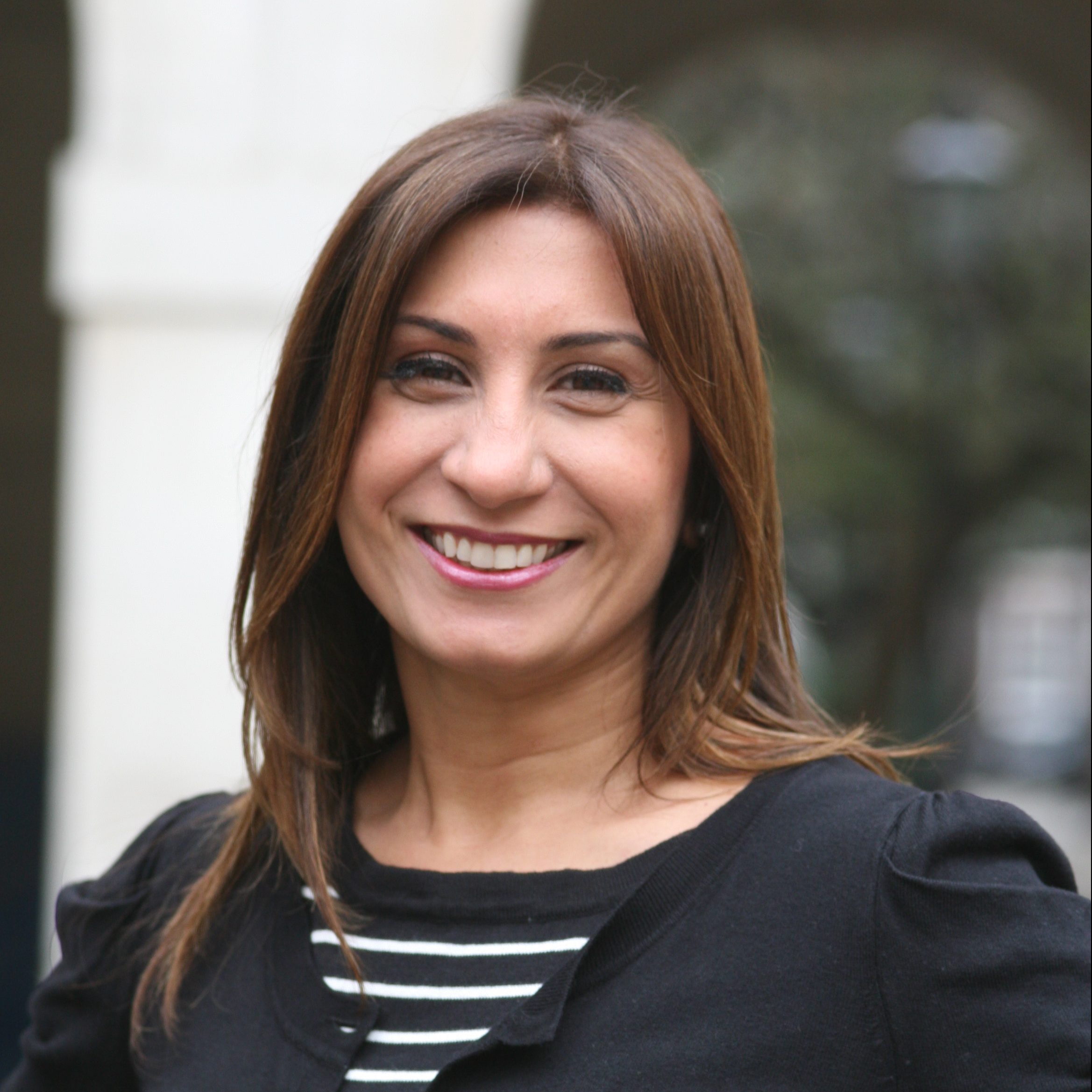
The last twelve months have brought significant challenges for everyone and taken all of us out of our comfort zone. It has forced us to realign and to rethink all the processes common to how we work. This year the PMA had three capacity building and research projects to deliver, all initially planned as face-to-face. However, with some innovative thinking and new collaborations & partnerships, the results have been excellent. From awarding 30 fellowships for content producing, a code of conduct on conflict reporting and mis and dis information to a comprehensive research report & recovery plan the impact of covid 19 on media landscape in Southeast Asia. Truly this year has been exceptional in every way, but it has also given us an opportunity to adapt and think more strategically for the future.
Desilon Daniels
Journalist

One of PMA’s reports that really stuck with me this year was our coverage of how public media organisations cater to the needs of refugees and migrants. It’s easy to think of people who already live in a country when we speak about PSM principles such as accessibility and representation, but I don’t think we often consider newcomers and what their potential needs may be. Personally, I wasn’t aware of how much PSM does for refugees and migrants to allow for an easier transition to new lives and integration into a foreign country. It was such an interesting and insightful report!
Read it here: Best of PSM: Public media and refugees
Chloe Howcroft
Research journalist

While the world continued to grapple with challenges imposed by the COVID-19 pandemic that rolled into 2021, public media organisations also stepped up their coverage of another ongoing global crisis: the climate crisis. In turn, PMA reported on and highlighted more of public media’s best practices and innovations in what many consider to be the greatest challenge of our time. Our report on public media’s coverage of the COP26 conference in November helps to show how climate change is a unique public interest story that demonstrates public media’s key principles: accountability, accuracy, editorial independence, impartiality. It’s also a story about innovation, diversity and accessibility. The report hears from public media voices from PMA’s global membership – from the Pacific and Grenada, to Canada and Germany – indicating that the climate crisis is a shared global experience, and that public media play a vital role in conveying messages at home and overseas.
Read the full report: Public media and COP26 coverage
Harry Lock
Editorial Manager

Arriving at PMA in October, this was the story which fascinated and concerned me immediately. Prime Minister Janez Janša’s multi-pronged attack by on two public media institutions – STA and RTV SLO – was a stark demonstration of how precarious the relationship between government and public media often is. Threats, criticism, rebukes are seen worldwide – no government likes having a public institution whose entire purpose is to hold every action to account. But the financial and editorial burdens the Prime Minister has exerted on STA and RTV SLO were a gross overreach and abuse of power, threatening media freedom. It exemplifies the danger of a populist ideology which fails to recognise the value and importance public media holds.
Read more: STA needs long-term, viable and sustainable funding
Kristian Porter
Strategy, Policy & Advocacy Manager

For me, 2021 served not only as a crucial reminder of the societal importance of independent public media, but also how it can so easily be taken for granted. My role at PMA offers me unique insight into the world of PSM, its innovations and the struggles these organisations face. While many of the challenges are overt, such as the demise of independent public media in Hong Kong, they are also taking place in the background where longstanding independent PSM are quietly under threat. Either way, many of the threats facing public media are a result of governments weary of critical and accountable reporting.
One particular example is the case of Channel 4 in the UK. For nearly 40 years it has served as a home to critically acclaimed dramas, news and documentaries, and proudly provides content for diverse audiences and much needed support for the UK’s creative sector. It is also a public broadcaster although this fact often goes unappreciated or unknown due to the presence of advertising, which it relies on for funding.
Despite this and its significant recent growth, the UK government launched an inquiry into the future of Channel 4, with a preference for privatisation under the guise of ensuring its long-term sustainability. In our response, we evidenced how such a move would not only be detrimental to the channel’s editorial independence and diverse output, but also to its significant contribution to the creative economy, especially on a local and regional level. Given the role of Channel 4 in holding power to account, the call for privatisation is clearly suspect.
For me, this threat reinforces the need for greater awareness of the role of public media. Whether it is here in the UK, Slovenia, Australia or Hong Kong, sources of independent, critical and accountable news are under threat. And we should all be aware of what our societies stand to lose, before it is too late.
Read PMA’s submission to the House of Lords: Channel 4 must remain in public ownership
Header image: Large number of press and media reporter in broadcasting event. Credit: stockphoto mania / Shutterstock.com
Related Posts
10th November 2021
STA needs long-term, viable and sustainable funding
Slovenian authorities must now commit…
23rd August 2021
G7 must protect and evacuate journalists and media workers in Afghanistan
PMA joins fellow civil society…
26th March 2021
Welcoming New Neighbours: How public media works for refugees and asylum seekers
Watch our special event as part of…
